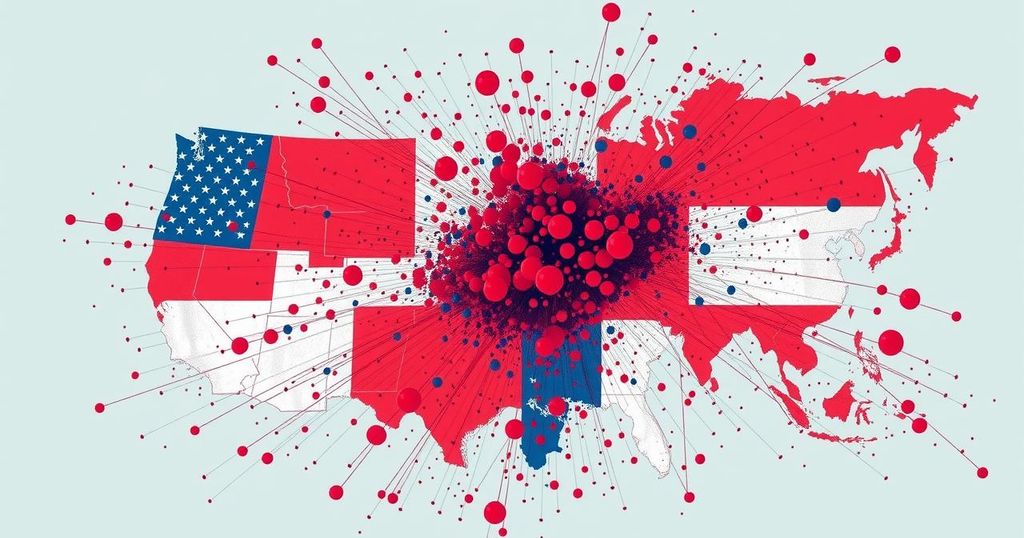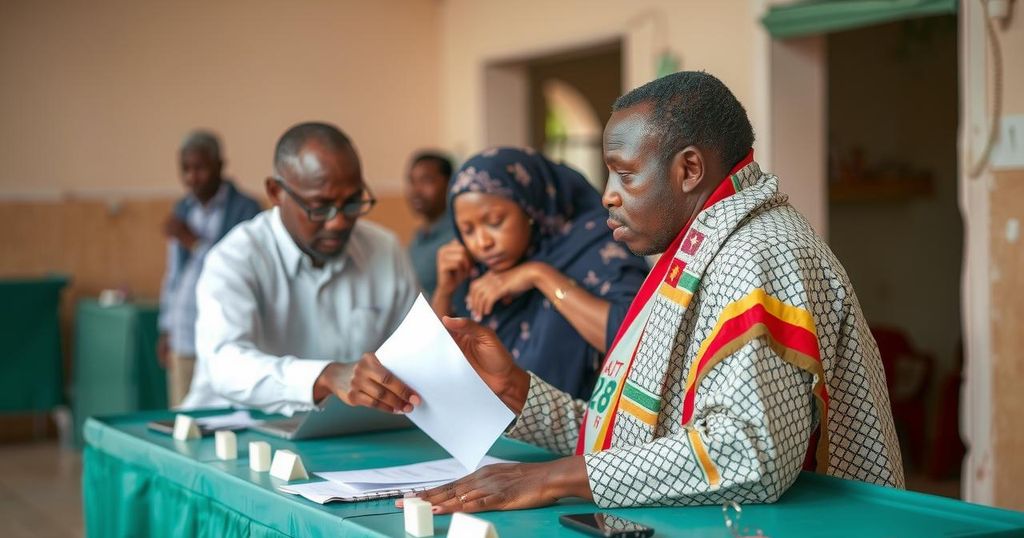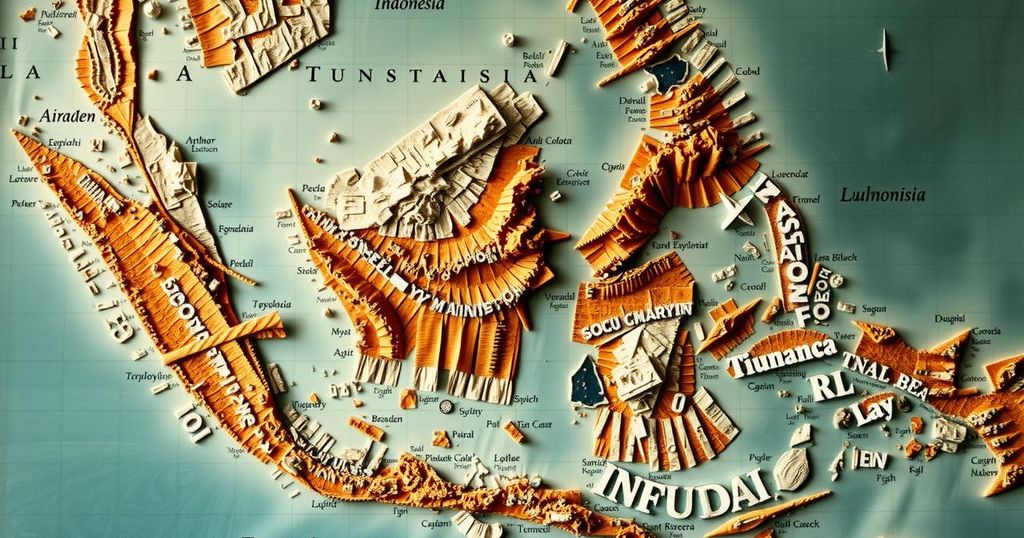The Impact of Misinformation and Foreign Influence in the 2024 Elections
In 2024, global elections saw unprecedented mobilization against misinformation and foreign interference, impacting key democratic processes in countries like the US and Romania. Despite assurances of minimal interference, significant electoral events underscored ongoing vulnerabilities in electoral integrity. High-stakes elections revealed the use of AI and foreign financing to sway public opinion, reinforcing the need for vigilance in safeguarding democratic systems.
In 2024, global democracies rallied to combat misinformation and foreign interference during what has been labeled a ‘super year’ of elections. Approximately 3.7 billion individuals across more than 70 nations were eligible to vote, participating in significant elections in both democratic and authoritarian states. Notable elections occurred in populous democracies such as the United States, India, and Indonesia, as well as in autocratic nations like Iran and Russia. The European parliamentary election saw a formidable turnout of 182 million voters across 27 countries, marking a significant moment in cross-border voting.
Despite these unprecedented voter mobilizations, concerns about misinformation and foreign meddling pervaded the electoral landscape. Meta, the parent company of Instagram, Facebook, and WhatsApp, indicated that while potential risks from generative AI were anticipated, the actual impact was relatively minimal during this election cycle. Research from the UK-based Centre for Emerging Technology and Security concluded that foreign-backed disinformation did not substantially influence the European, French, or UK elections, nor did it convincingly alter outcomes in the U.S. presidential vote.
However, the perception that misinformation did not substantially disrupt these elections was challenged in December when the Romanian Constitutional Court annulled the initial results of its presidential election due to evidence of foreign interference. Specifically, intelligence reports indicated that a foreign state actor had orchestrated a disinformation campaign linked to the leading candidate, Calin Georgescu. Furthermore, various highlighted episodes illustrated the pervasive nature of misinformation tactics in shaping electoral events worldwide throughout 2024.
For instance, the Pakistani former Prime Minister Imran Khan, currently imprisoned, utilized AI to craft speeches and simulate a campaign, despite being barred from running in the elections. The European Union proactively countered electoral disinformation during its parliamentary elections, successfully digitizing the voting process without significant incidents of misinformation. In Moldova, a contentious referendum regarding EU membership was complicated by alleged interference, with foreign funds reportedly used to sway voter sentiment against EU alignment.
In the U.S., the presidential election was marred by bomb threats that temporarily halted voting in crucial states. Reports indicated that many of these threats originated from Russian email domains, highlighting foreign efforts to destabilize the electoral process. Lastly, the unprecedented rise of Calin Georgescu, a little-known candidate, sparked international attention and culminated in the cancellation of Romania’s presidential runoff, revealing the intricacies of misinformation’s impact on political dynamics.
The year 2024 was marked by a significant global electoral engagement characterized by heightened awareness of misinformation and foreign influence. With over 3.7 billion people eligible to vote across various nations, the stakes were high in both democratic and authoritarian contexts. This complex electoral landscape witnessed the interaction between new technologies, particularly generative AI, and traditional disinformation methods, raising questions about the integrity of democratic processes. Recent studies attempted to quantify the effects of these factors, offering a mixed overview of their impact on election outcomes while several incidents underscored the potential vulnerabilities inherent within modern electoral systems.
In summary, the year 2024 displayed the profound interplay between misinformation and electoral processes across the globe. While several studies suggested limited influence from foreign interference, notable incidents such as the annulment of Romania’s election results highlighted the ongoing vulnerabilities. The efficacy of democracies in combating misinformation, particularly through innovative technologies like AI, requires continuous scrutiny and adaptation to safeguard electoral integrity in an increasingly complex information landscape.
Original Source: www.euronews.com




Post Comment